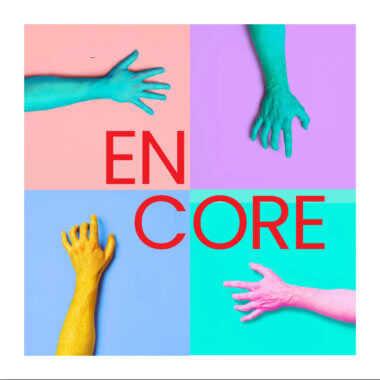Artists
Composers
Kai SchumacherInformation
Genre |
Minimal Piano |
Release Date |
01.09.2017 |
Information
In the 1950s, New Music essentially meant one thing: maximum complexity and maximum remoteness from the audience. That changed radically at the end of the 1960s, when a group of freaks completely rewrote the rules of the musical avant-garde and achieved one of the last great breakthroughs in 20th-century art music.
Composers like Steve Reich freed classical music from the dogmas of serialism and created a new sound aesthetic with psychedelic pull, shaped by the rhythms of the Indonesian gamelan, the coolness of free jazz and the energy of rock music. They challenged the excessive intellectualism of European contemporary music with a new kind of performance culture: the lofts and clubs of the New York art scene became the new hot spots of the avant-garde, making Darmstadt and Donaueschingen look like forsaken temples of a long-since-abandoned religion.
Taking his lead from Steve Reich’s masterwork “Electric Counterpoint” in a new arrangement for live and pre-recorded pianos, Kai Schumacher takes a musical look on his album Beauty in Simplicity at classical precursors and pop-culture inheritors of minimal music. So it is that Erik Satie’s fragile planes of sound prepare the way for the ambient music of such as Brian Eno while P.M. Hamel’s psychedelic piano works serve as inspiration for piano transcriptions by Moderat.
Rather than relying on digital sound, Kai Schumacher treats the concert grand as a fully analogue synthesizer, applying preparations and sound processing to what is surely the most classical of all instruments to generate apparently electronic sound worlds in the space between drum-machine and the Wall of Sound.
You are currently viewing a placeholder content from YouTube. To access the actual content, click the button below. Please note that doing so will share data with third-party providers.
More InformationArtists
Composers
Kai SchumacherInformation
Genre |
Minimal Piano |
Release Date |
01.09.2017 |












